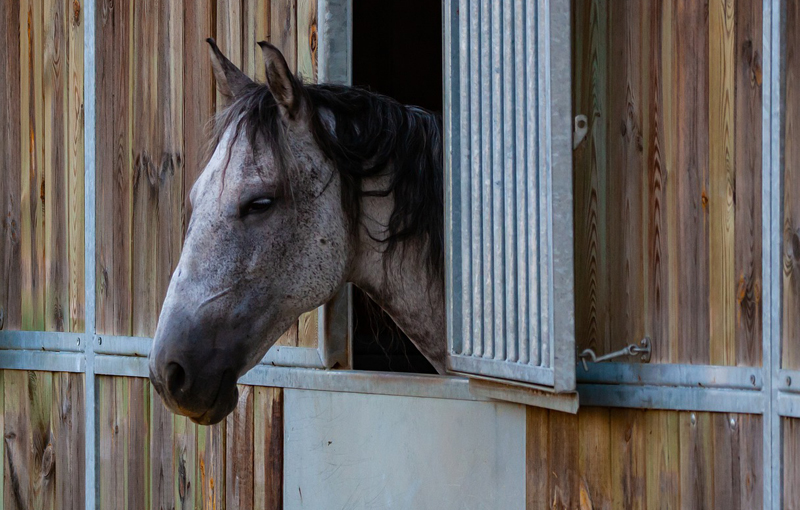A group of researchers from Australia recently conducted a study to investigate human interactions with horses, looking at tradition vs science. The results were shared at the 15th International Equitation Science Conference, held at the University of Guelph, August 19-21, 2019.
Following an online survey with 1,718 respondents from 25 different countries, this study attempted to determine the perception of risk (10.7% felt they could not control their risk around horses and 25.7% were willing to put their horse’s safety before their own), influences on safety behaviour and what has affected their safety actions and beliefs.
Trends included increased safety training and awareness in equine work environments over strictly social environments. English/European disciplines appeared to be more accepting of safety influences (although the main focus was on helmets), while Western/Australian respondents appeared to be more abrasive and vocal about their traditions.

